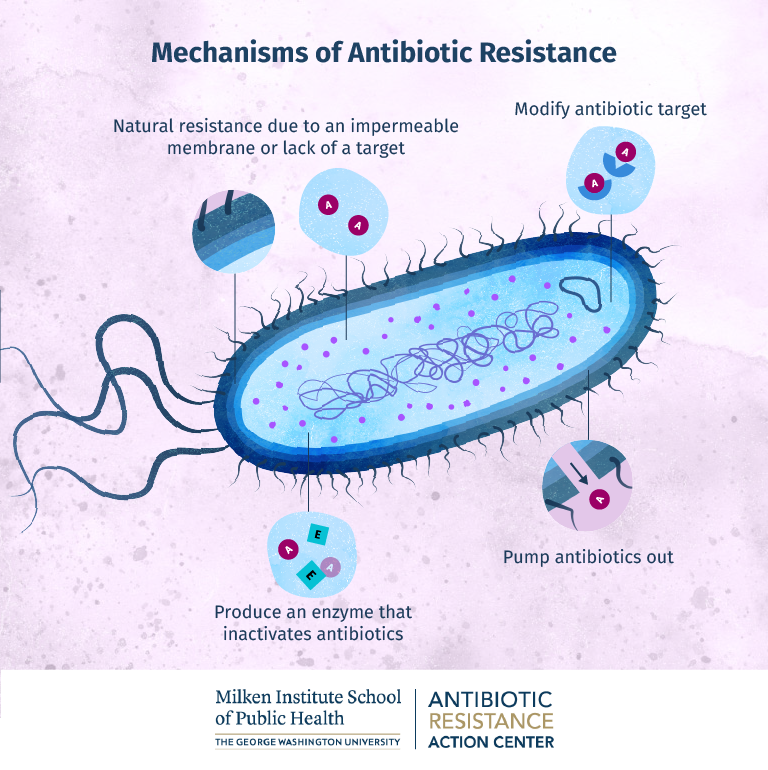
Hong Kong has updated its quarantine rules for pets, reducing the time cats and dogs from the mainland must stay in isolation from 120 days to just 30 days. This change, announced by the Agriculture, Fisheries & Conservation Department (AFCD), will take effect on June 3, 2023. The new policy is part of a broader effort to streamline pet import processes while maintaining strict health and safety standards.
New Quarantine Arrangements
The mainland will now be classified under Group IIIA, which allows for a shorter quarantine period of 30 days. To qualify, pets must undergo a rabies antibody titer test at an AFCD-approved lab. This test must be conducted between 90 days and one year before the pet’s departure. The test ensures that the animal has sufficient immunity against rabies, reducing the risk of disease transmission.
Impact on Pet Owners and the Pet Industry
This change is a significant relief for pet owners, as it cuts down both the waiting time and the costs associated with long-term quarantine. It is expected to boost pet imports from the mainland, benefiting veterinarians, pet shops, and transport services in Hong Kong. However, pet owners must plan carefully to meet the testing requirements, as finding an approved lab and scheduling the test can be challenging.
Rabies Prevention and Control
Rabies is a serious concern, and the 120-day quarantine was initially implemented to prevent its spread. The new 30-day period, combined with the antibody test, is considered a balanced approach to ensure safety. The AFCD will continue to monitor the situation to maintain public health standards.
Comparison with Other Regions
Hong Kong’s new 30-day quarantine is shorter than in some regions like Taiwan and Singapore, which have longer isolation periods. This change positions Hong Kong as a more pet-friendly destination and could encourage other regions to review their policies. However, it also highlights the need for consistent international standards in pet import regulations.
Challenges and Future Considerations
Implementing the new rules will require increased capacity in quarantine facilities and labs. While the 30-day period is a significant improvement, there is potential for further reductions in the future if the new system proves effective. Continuous monitoring and evaluation will be essential to ensure the policy’s success and to address any emerging challenges.
This update marks a positive step for pet owners and the pet industry in Hong Kong, but it also underscores the importance of maintaining rigorous health and safety measures to protect both animals and humans.












